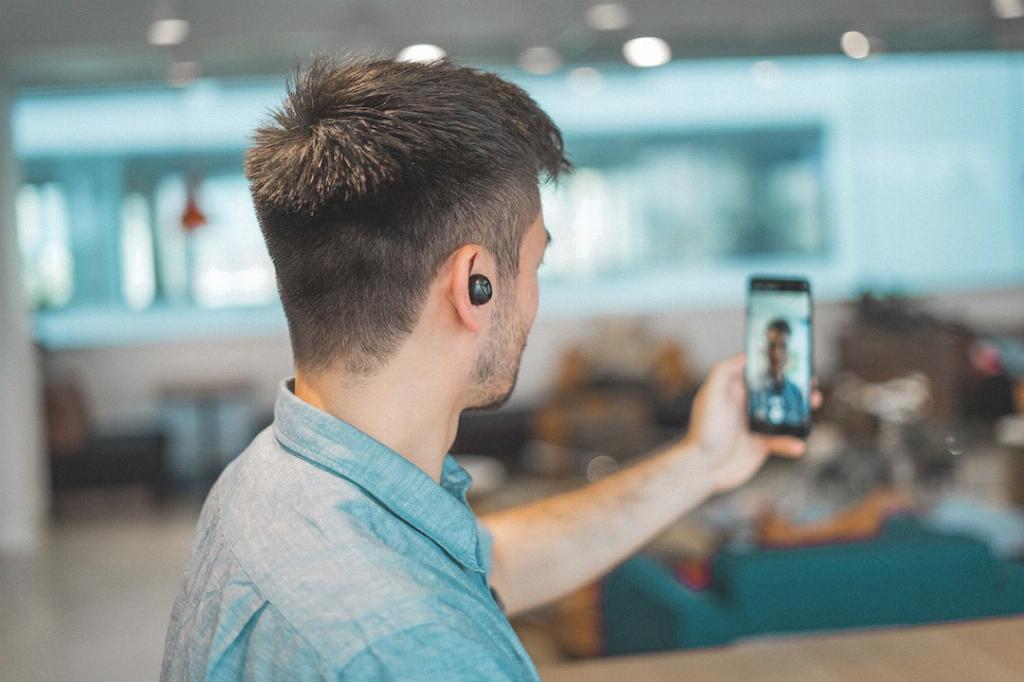When you’re enjoying a FaceTime call with a friend or loved one, the last thing you want is for lag to disrupt the conversation. But why does your phone lag on FaceTime? Let’s delve into some key reasons behind this frustrating issue.
1. Wi-Fi Connection
One of the primary culprits behind lag on FaceTime is the quality of your Wi-Fi connection. If your network is struggling to move data quickly, it can result in delays and interruptions during your video call.
2. Bandwidth Limitations
Another factor that can contribute to lag on FaceTime is bandwidth limitations. If multiple devices are competing for bandwidth on your network, it can lead to reduced speeds and performance issues during your call.
3. Network Congestion
Network congestion, especially during peak hours, can also impact the quality of your FaceTime calls. When many users are online simultaneously, it can strain the network and cause lagging issues.
4. Device Performance
The performance of your device can also play a role in lag on FaceTime. Older devices or those with limited processing power may struggle to handle the demands of a video call, resulting in lag and slow performance.
5. Software Updates
Outdated software can sometimes be the reason behind lag on FaceTime. Ensuring that your device and FaceTime app are up to date can help address any bugs or performance issues that may be causing lag.
6. Physical Location
Your physical location can impact the quality of your Wi-Fi connection and, subsequently, your FaceTime call. Being too far from the router or in an area with poor signal reception can lead to lag and dropped calls.
7. Network Interference
Interference from nearby electronic devices or obstacles can disrupt the Wi-Fi signal and result in lag on FaceTime. Ensuring that your device is in a clear line of sight to the router can help minimize interference.
8. Internet Speed
Your internet speed is a critical factor in determining the quality of your FaceTime calls. Slow internet speeds can lead to lag, pixelated video, and poor audio quality during your video calls.
9. Overloaded Network
If multiple devices are connected to the same network and using bandwidth-intensive applications, it can overload the network and cause lag on FaceTime. Managing network usage can help alleviate this issue.
10. External Factors
External factors such as weather conditions or network outages can also impact the performance of your FaceTime calls. Keeping an eye on these variables can help troubleshoot and address lagging issues.
11. Quality Settings
Adjusting the quality settings of your FaceTime call can help optimize performance and reduce lag. Lowering the video quality or disabling features like automatic adjustments can improve the overall experience.

12. Troubleshooting Tips
If you’re experiencing lag on FaceTime, try restarting your device, restarting the app, or resetting your Wi-Fi router. These simple troubleshooting steps can often resolve the issue and improve the quality of your video calls.
